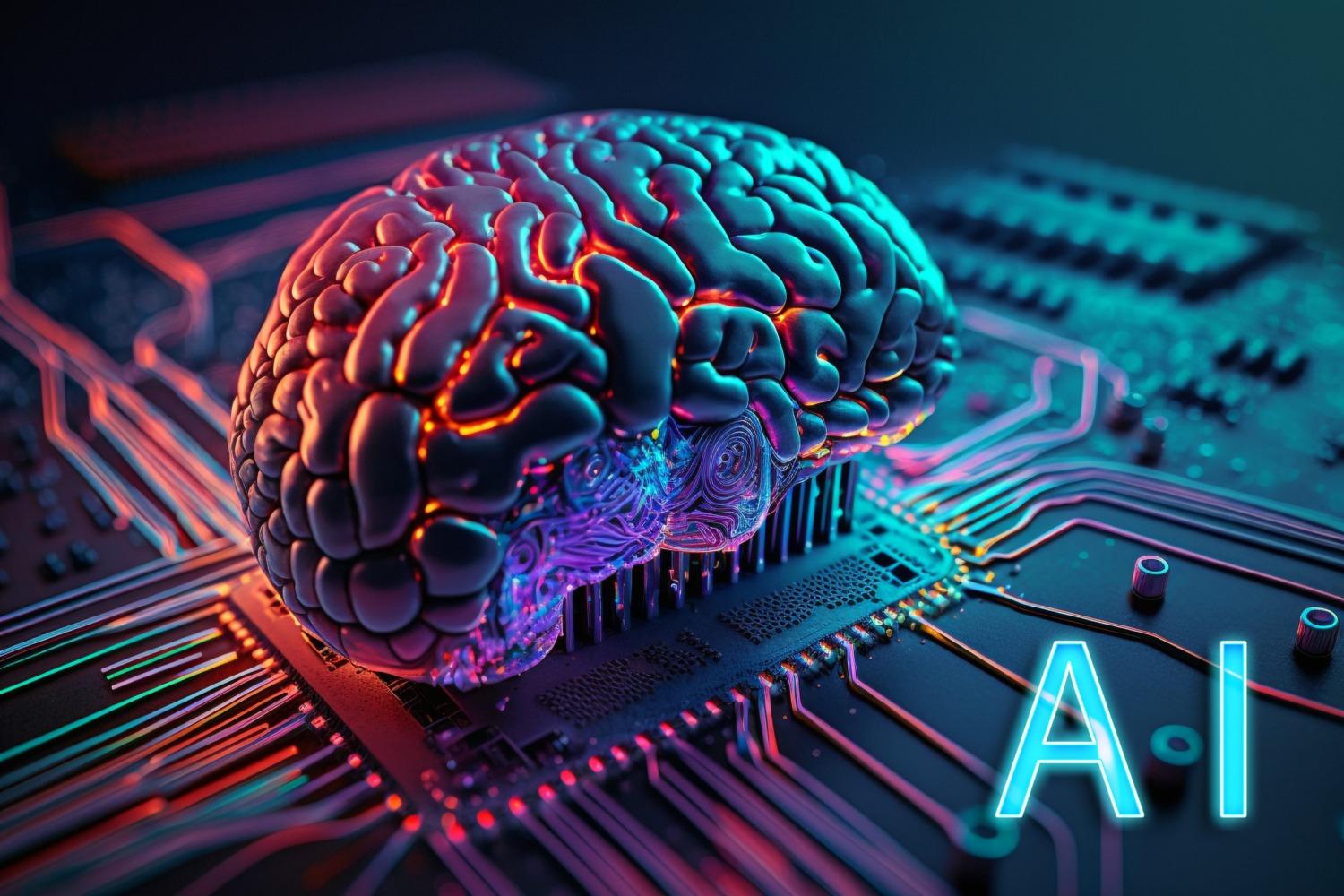In a world increasingly driven by technology, the intersection of artificial intelligence with our daily lives is becoming more prominent than ever before. However, beyond the convenience and efficiency AI offers, there lies a complex web of psychological impacts that our brains may not be fully prepared to navigate. As society hurtles towards a future where AI becomes increasingly integrated into our daily routines, the question arises: are our minds equipped to handle the psychological challenges that come with this new era of innovation? Let’s delve deeper into the potential ramifications of AI on our mental well-being.
– The Psychological Impacts of Artificial Intelligence on Human Behavior
One of the most fascinating yet concerning aspects of artificial intelligence is its psychological impacts on human behavior. As AI technology continues to advance rapidly, our brains might not be fully equipped to handle the changes that come with it. From social media algorithms shaping our preferences to personalized recommendations influencing our decision-making, AI is undeniably reshaping how we think and act.
Research has shown that prolonged exposure to AI-driven platforms can lead to increased levels of stress, anxiety, and even feelings of inadequacy. As we rely more on machines to assist us in our daily lives, there is a risk of losing our sense of autonomy and agency. Furthermore, the ethical implications of AI on our mental well-being cannot be ignored. It’s crucial for us to critically examine the psychological impacts of artificial intelligence and find ways to mitigate any negative effects it may have on human behavior.
– Understanding the Potential Risks of AI on Mental Health
Artificial intelligence is advancing at a rapid pace, with algorithms becoming increasingly sophisticated and integrated into various aspects of our lives. While the potential benefits of AI are vast, there are also risks to consider, particularly when it comes to its impact on mental health. Our brains are not wired to interact with machines in the same way we do with other humans, leading to potential psychological implications.
Research has shown that excessive reliance on AI can lead to feelings of isolation, anxiety, and even depression. The lack of emotional connection in interactions with machines can result in a sense of detachment from reality and human relationships. Additionally, the constant exposure to AI-generated content can distort our perception of reality and lead to unhealthy comparison behaviors. It’s important to be mindful of these potential risks and take steps to protect our mental well-being in an increasingly AI-driven world.
– Strategies to Safeguard Your Psychological Well-being in an AI-driven World
As artificial intelligence continues to advance, it is becoming increasingly evident that our psychological well-being may be at risk in this new AI-driven world. The rapid pace of technological development and the integration of AI into various aspects of our lives can have profound impacts on our mental health and overall well-being.
Here are some strategies to safeguard your psychological well-being in an AI-driven world:
– **Limit screen time**: Excessive exposure to AI technologies can lead to feelings of anxiety and decreased mental focus.
– **Practice mindfulness**: Take time to disconnect from technology and be present in the moment.
– **Engage in physical activity**: Regular exercise can help reduce stress and improve overall mood.
– **Seek social support**: Connect with friends and loved ones to foster a sense of community and belonging.
– **Stay informed**: Educate yourself about AI technologies and their potential impacts on mental health.
– Cultivating Mindfulness and Boundaries to Navigate the Effects of AI on the Brain
As artificial intelligence continues to advance at a rapid pace, it is crucial for us to cultivate mindfulness and set clear boundaries to protect our mental well-being. The relentless bombardment of information and stimuli from AI technologies can have profound effects on our brains, affecting our focus, attention span, and emotional regulation.
By practicing mindfulness techniques such as meditation, deep breathing, and grounding exercises, we can train our brains to stay present and focused amidst the chaos of the digital age. Setting boundaries around our use of AI devices and platforms, such as limiting screen time, disabling notifications, and taking regular breaks, can help prevent cognitive overload and burnout. It is essential for us to prioritize self-care and mental health in this increasingly AI-driven world.
Final Thoughts
In conclusion, the ever-evolving relationship between artificial intelligence and our minds raises important questions about the future of humanity. As we continue to integrate AI into our daily lives, it is crucial to consider the psychological impacts it may have on our well-being. While our brains may not be fully prepared for the challenges that AI presents, it is up to us to navigate this new frontier with awareness and caution. By staying informed and mindful of the potential effects on our mental health, we can strive to create a harmonious coexistence with artificial intelligence. Our future may depend on it.
